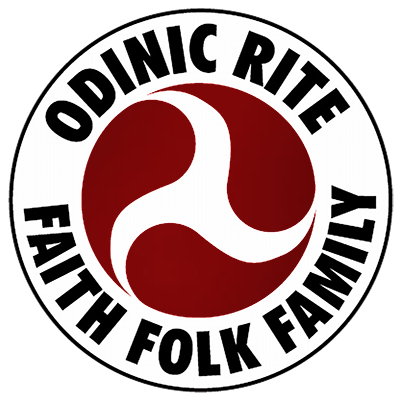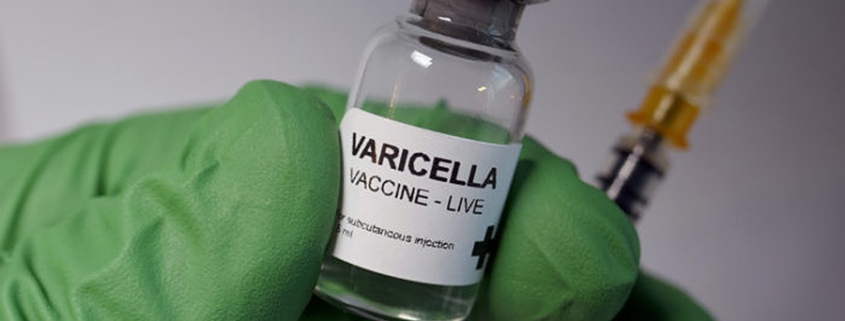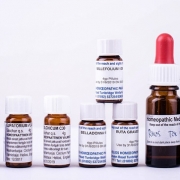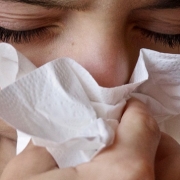The Varicella Vaccine
The Varicella Vaccine is the vaccine used to vaccinate against chicken pox. In the following you will understand what Chicken pox is, it’s threat to children, the pros and cons of the vaccine and the opinion of the author. It is my attempt to give you the reader information to make the best possible decision for you child.
Chicken Pox:
Chicken pox is a viral illness that is spread through contact with the pustules of an infected person and the droplets from the nose and mouth of the infected person. It starts out with a fever and headache, followed by appearance of rash within 24 hours. Rash fully out in 2 to 3 days, followed by drop in temperature. Itching of lesions usually subsides by the 4th day. (Family Medical Guide, 1974; CDC website). The actual incubation is 12 to 19 days and is contagious 1 day before the rash appears and 6 days after it appears. Being a viral illness, it cannot be treated with antibiotics. Treatment is bed rest, plenty of fluids, and skin treatments that reduce the uncomfortable ness. Complications are rare in children, usually occurring in children that are immune compromised, such as leukemia patients. The complications include severe and numerous lesions, brain inflammation, and Encephalitis. This occurs in under 1% of cases of Chicken pox. Complications in adults is much for frequent. They include: pneumonia with fever, chest pain, inflammation of the lungs, brain inflammation, persistent cough, liver problems, heart problems, arthritis and corneal lesions. Up to 30% infants born to mothers with chicken pox die within 5 days of delivery or a few day after delivery. Chicken pox is a much more serious disease in teens and adults then in children. (Barbara Loe Fisher, 1997)
The Vaccine:
The Varicella Vaccine has been around since the late 70s, but has not been marketed till recently. The Vaccine is being touted to reduce time parents have to stay away from work treating children home bound from school because of Chicken Pox.
Ingredients include: the Oka/Merck (named for the Japanese child who ‘donated’ his natural varicella and the Pharmaceutical company that developed the vaccine, respectively)strain of live attenuated (weakened) varicella virus. From here the varicella is introduced into human embryonic lung cell cultures, adapted to and propagated in embryonic guinea pig cell cultures and finally propagated in human diploid cells (dissected organs of aborted fetuses). The vaccine contains sucrose, phosphate, glutamate and processed gelatin as stabilizers.
This is then given to infants 12 to 18 months old. For children over 13 years of age and have never have been exposed, they get the vaccine in two doses two months apart. (Fisher, 1997; Neil Z. Miller, 1996; CDC website)
The efficacy for the Varicella Vaccine is 70% to 90%. Immunity is considered to last for 7 to 10 years. After that the immunity drops off greatly. The natural infection confers lifetime immunity in normally healthy children.
Vaccine reactions include actual chicken pox at the injection site, high fever, convulsions and sometimes death. It was reported that VAERS had received 67.5 adverse event reports per 100,000 doses of chicken pox vaccine sold between March 1995 and July 1998 for a total of 6,574 reports. 82 percent of the adverse event cases occurred in individuals who received chicken pox vaccine only. Admitting that under-reporting made the figures “highly variable fractions of actual event numbers,” the authors revealed that approximately 4 percent of cases (about 1 in 33,000 doses) were serious, including shock, convulsions, encephalitis, thrombocytopenia ( ed. note: a rare blood disorder sometimes triggered by allergic reactions to antibiotics) and 14 deaths.
( https://www.nvic.org/nvic-archives/pressrelease/pressrelease9132000.aspx ) This coupled with the FDA’s concerns that there is a 90% UNDER reporting of vaccine reactions, makes this number go even higher. (FDA website)
Now that we know what Chicken pox is and the basic data behind the vaccine and the illness, what are the pros and cons of the Varicella Vaccine?
Pros:
The main argument for the mandatory use of this vaccine is the cost saved to parents who have to miss work because their child is home sick with chicken pox. Since chicken pox has always been considered to be mild childhood illness, the numbers of deaths from it are not considered large enough to cause it to be mandatory. Other arguments include the uncomfortable ness of the illness and the risk to pregnant women and newborns. The vaccine manufacturers have mainly focused on the financial inconvenience of chicken pox to parents. (CDC website)
Cons:
The main argument against mandatory vaccination is first and foremost the risk of delaying the illness till the vaccinated children are adults. Chicken pox in teens and adults is far riskier then in children. The death rate is 1.4 per 100,000 children and rises to 31 per 100,000 in teens and adults. This alone should warrant concern. Instead the Pharmaceutical companies just suggest getting boosters! Another concern is the chicken pox lays dormant in the child and resurfaces as Shingles (a chicken pox like illness that attacks along main nerve endings, a very painful illness) a far worse illness. Natural immunity lasts a lifetime in healthy individuals (no leukemia, or other immune compromised individuals). Finally, the vaccine doesn’t work. Children that have the vaccine still get chicken pox. The vaccine companies’ state that the child may still come down with chicken pox, but a milder disease. This statement contradicts their prior statement of wanting to avoid it completely because parents will miss work. Any chicken pox illness, strong or mild, will force the children to stay at home quarantined till it is safe to go back to school or day care! The reactions to the vaccine, poor efficacy rates, and inability to confer lifelong immunity are the main reasons parents’ groups are against mandatory vaccination with the Varicella Vaccine.
Authors Opinion, Closing Thoughts:
Chicken pox was and is a right of passage for children. During childhood, we are suppose to get ‘childhood illnesses’ in order to be strong healthy adults. Our bodies are built to do that, and we should let it. The ingredients of this Vaccine alone are enough to send anyone running! That combined with the fact that it doesn’t even give immunity longer then 10 years is disturbing. I saw my 21-year-old (at the time) husband come down from chicken pox he received from our 5-month-old daughter (who got it from her grandmother who had Shingles). He was deathly ill; she wasn’t even itchy. This dramatic example of the two extremes convinced me that I certainly didn’t want my children coming down with chicken pox when they were adults. Some things to remember when asking critical questions are what is the motivation of the person answering my questions. Is it true concern for the health of my child or something else? Also what is my child’s health history? Has he or she had reactions to vaccines in the past, a history of convulsions, a family history of either of those? Is my child ill right now with even just the sniffles? Does my child have an immune deficiency? If you answer any of these questions as yes…then you need to be concerned with getting vaccines for your children.
Nature made us so that we can heal ourselves and if we are unable to that, then call on nature for the cure. If that also doesn’t help, then a vaccine probably won’t ‘save’ you or your child either. If children react badly to a vaccine, more than likely they would also react badly to the naturally conferred illness. Would you like your child to possibly get the disease naturally or have your doctor give it to them artificially and see what happens? I personally give more respect to Mother Nature then to a Doctor. Please Educate before you Vaccinate!










Leave a Reply
Want to join the discussion?Feel free to contribute!